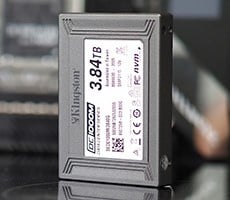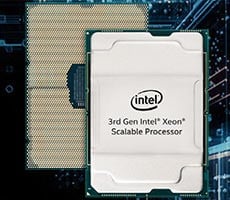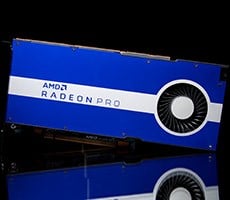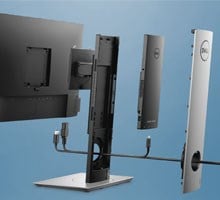Netgear Nighthawk X8 R8500 AC5300 WiFi Router Review: Amplified AC
The basic interface for the “Internet” displays your IP address, DNS settings and Mac Address.
The Wireless menu lets you change SSIDs, channels, and wireless modes for each band. You can also alter security options, change passwords, and enable Smart Connect.
The Dynamic QoS menu is either on or off. However, from there you can drill down and prioritize devices in terms of bandwidth allocation. Note: this review was updated at the time of publication to reflect updates in Netgear's firmware in this section. Device QoS prioritization was previously unavailable until a recent firmware update from Netgear was rolled out.
The Attached Devices menu lets you see, well, attached devices. You can then edit a device's name, set its priority for bandwidth in QoS and also designate a device type listing.
The Access Control is a sub-menu under the Attached Devices and lets you block or allow individual clients, or ban everything all at once.
Arguably one of the cooler features of Netgear’s networking devices is the ability to connect to an attached device, including a NAS drive, from any Internet connection.
Parental Controls
This is a weird one. In the Basic menu for the R8500 is an item labeled Parental Control, which we’ve seen on every other router we’ve reviewed. But clicking this menu item opens a new browser window that loads this page on Netgear’s website. This prompts you to download an application named Netgear Genie that is basically the exact same controls you see in the web browser, except in a smaller, application-sized form. Apparently the only way to access Parental Controls are from within this application.Once you have a look at this application, which we think is the same one it bundles with its USB wireless adapters, you will understand what we mean when we say it looks dated and is in need of modernization, in our opinion anyway.
Regardless, if you click on Parental Controls you’ve presented with this screen:
It says the service uses OpenDNS, so this is where our testing ceased as we didn’t want to sign up for another service we would never use, but here’s the screen it showed us.
When you begin clicking around the Advanced menus you can really dive deep into the router’s settings and options. Here’s a guided tour:
The home screen shows the status of all wireless networks, the internet connection, and the router itself. Under Advanced sharing, you see connected devices and the address to access them via the local network, HTTP/S, FTP, and FTP over the internet. You can also configure the ReadyCLOUD service to access it from any connection via the mobile app as well.
Under Security you can access the Parental Control link from the Basic menu, the Access Control link that lets you block or allow devices, and a menu that lets you block sites by domain or keyword.
You can also block services such as "Quake III," which is on the list of included apps, schedule restrictions, and also enable email notifications. You have to know how to set this up on your own as Netgear provides no assistance. Also the only setting for “alerts” is for when someone tries to visit a blocked site.
Finally, we come to the last menu, which is labeled Advanced Setup. We could go through each sub-menu, but there’s a myriad of data to deal with, so we’ll just provide a screencap of the Wireless Settings and the navigation tree on the left. As you can see the options are extensive.


















